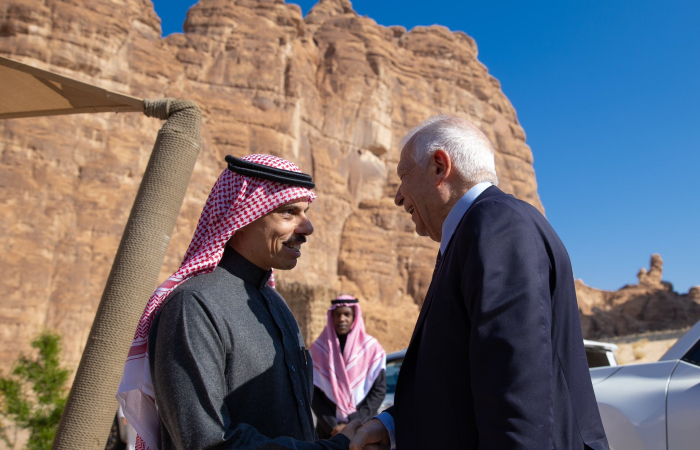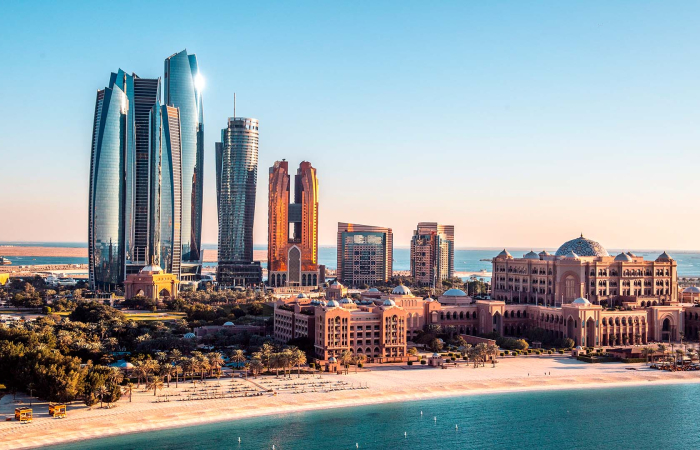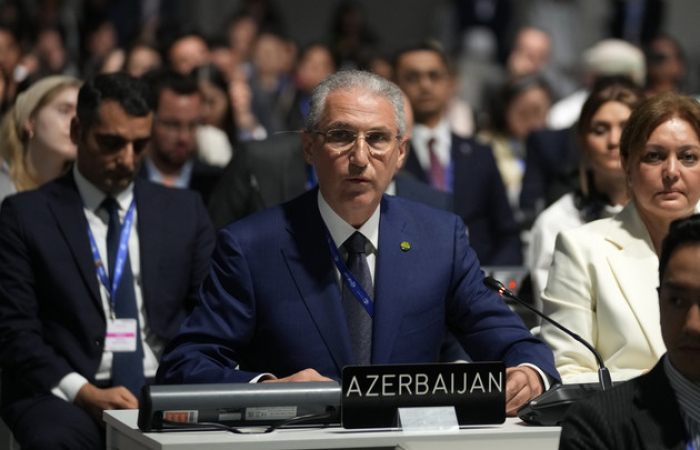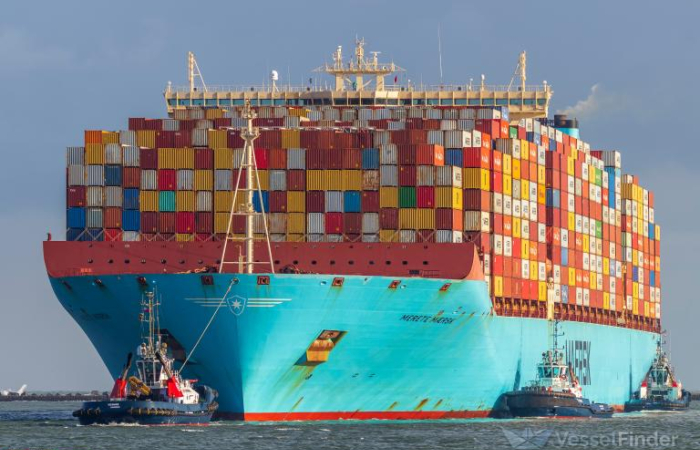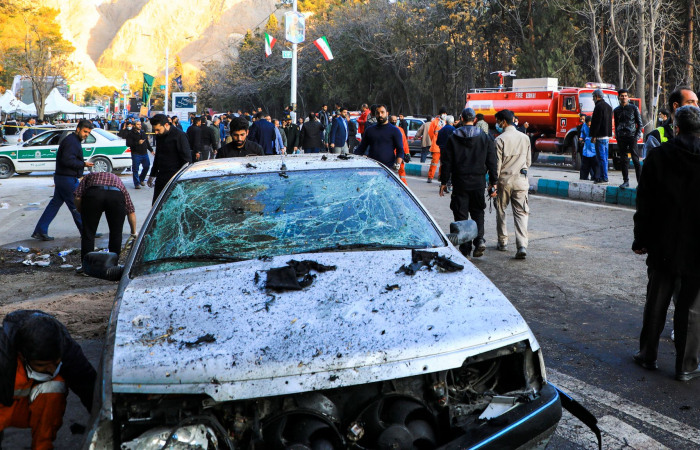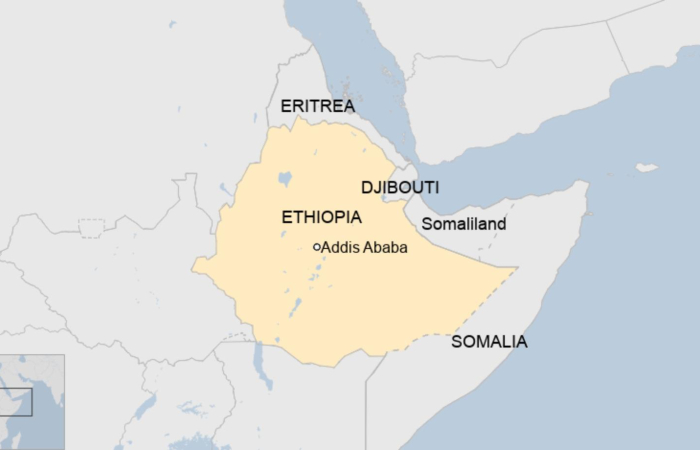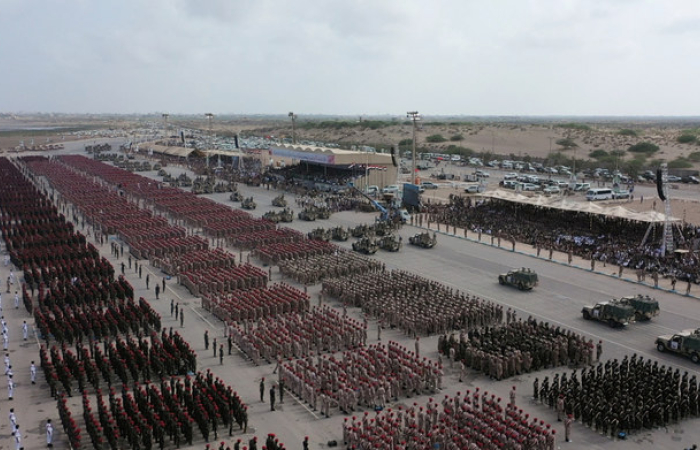Editor's choice
This is a members’ functionality. Please
Sign upNews
Trending
New flashpoint in the Horn of Africa after self-declared Somaliland grants sea access to Ethiopia
3 January 2024
Tension is high in the Horn of Africa after the self-declared state of Somaliland made a deal with Ethiopia granting it sea access. Ethiopia has been a landlocked country since granting independence to Eritrea in the 1990s following a prolonged struggle.
Somalia has described the agreement as an act of "aggression". Somaliland seceded from Somalia more than 30 years ago, but is not recognised internationally.
It said that Ethiopia agreed to recognise its independence at some point in the future in exchange for military access to the coast.
Ethiopia has not confirmed this aspect of Monday's contentious deal.
The office of Ethiopian prime minister Abiy Ahmed confirmed the country had signed a memorandum of understanding (MoU) "to secure access to the sea and diversify its access to seaports". Mr Abiy had previously described sea access as an "existential issue" for his country.
His national security adviser, Redwan Hussein, said the arrangement could enable Ethiopia to access a "leased military base" on the Red Sea, but gave no further details. In a related development, Egypt’s President Abdul Fattah al-Sisi has pledged support for Somalia in its row with Ethiopia. Egypt already has strained relations with Ethiopia over issues related to the flow of the Nile River, which passes through Ethiopia before it continues on to Sudan and Egypt.
In a phone call with Somalia’s President Hassan Sheikh Mohamud, Mr Sisi pledged "Egypt’s firm position to stand by Somalia and support its security and stability". In a statement on Tuesday (2 January), the European Union reminded of the importance of respecting the unity, the sovereignty and the territorial integrity of the Federal Republic of Somalia pursuant of its constitution, the Charters of the African Union and the United Nations. "This is key for the peace and stability of the entire Horn of Africa region", the statement added.
The signing of the MOU between Ethiopia and Somaliland came on the same day that Ethiopia became a full member of BRICS. Apart from its five founding members: Brazil, Russia, India, China and South Africa, the Group now also includes Egypt, Ethiopia, Iran, Saudi Arabia, and the United Arab Emirates.



